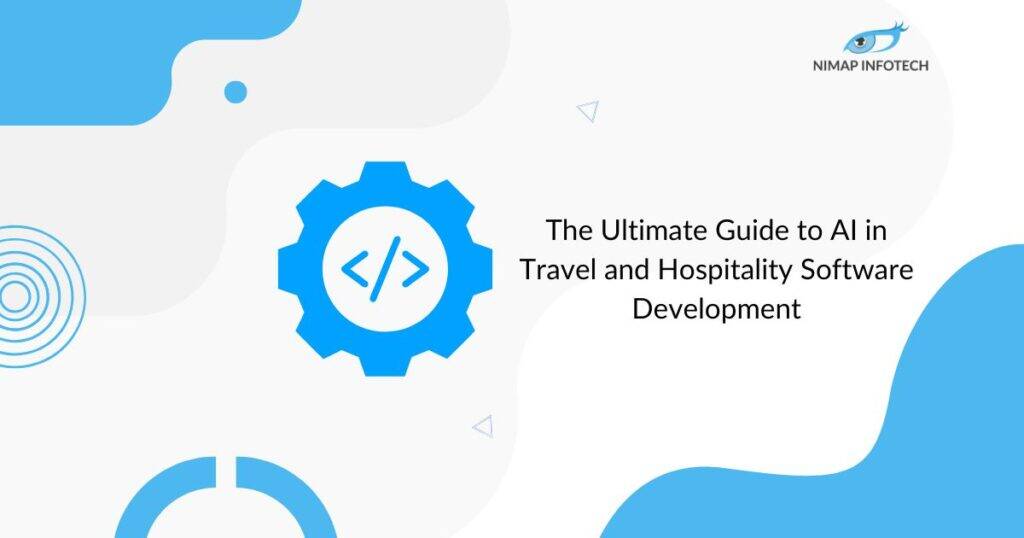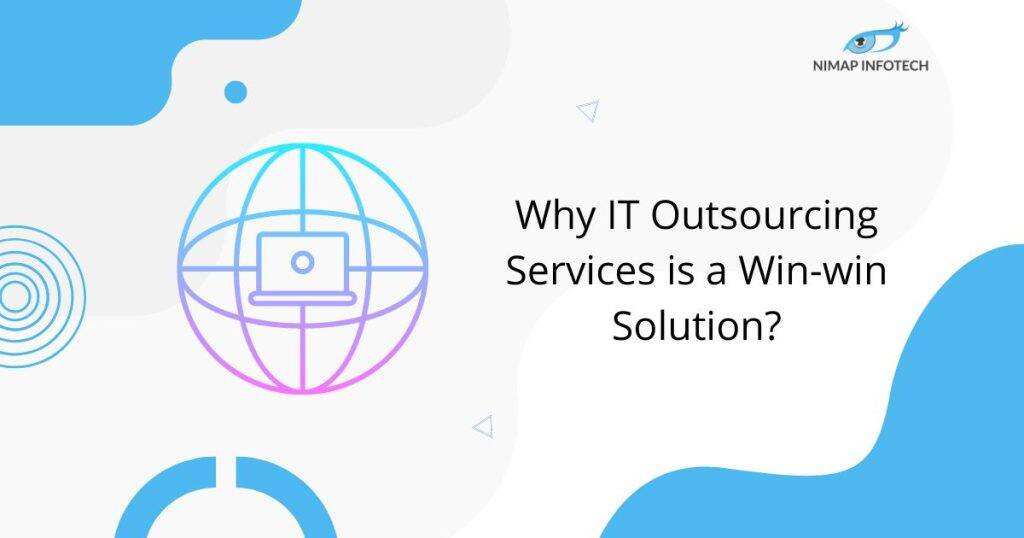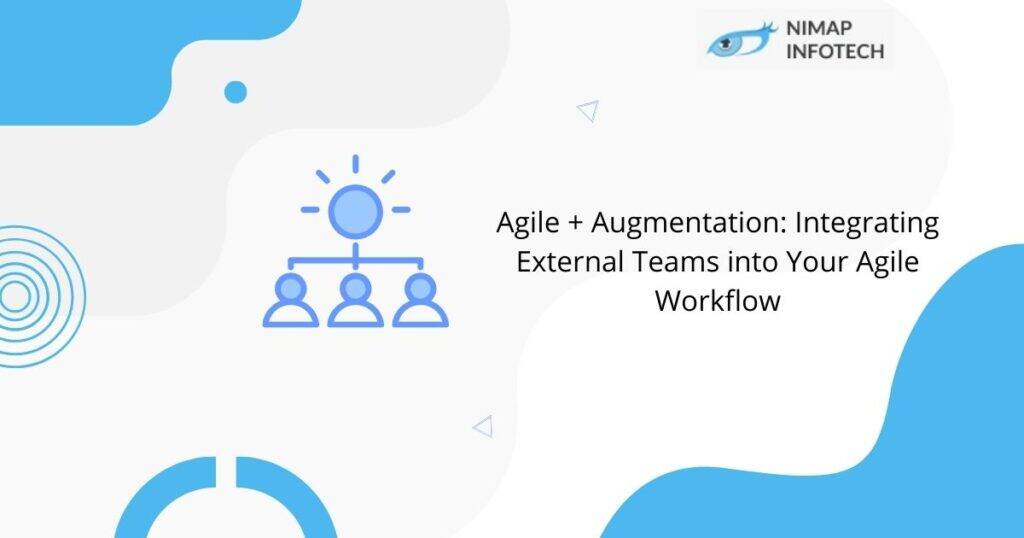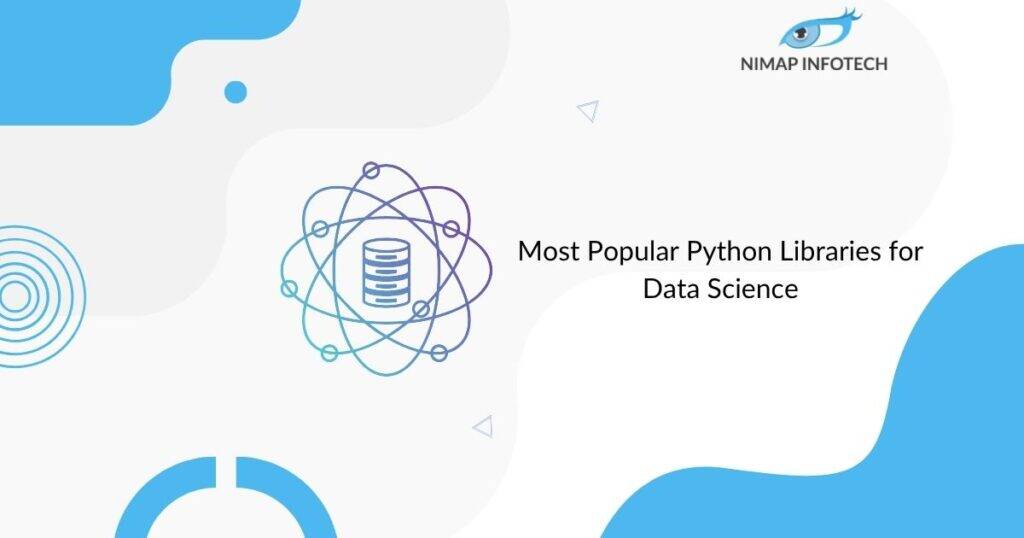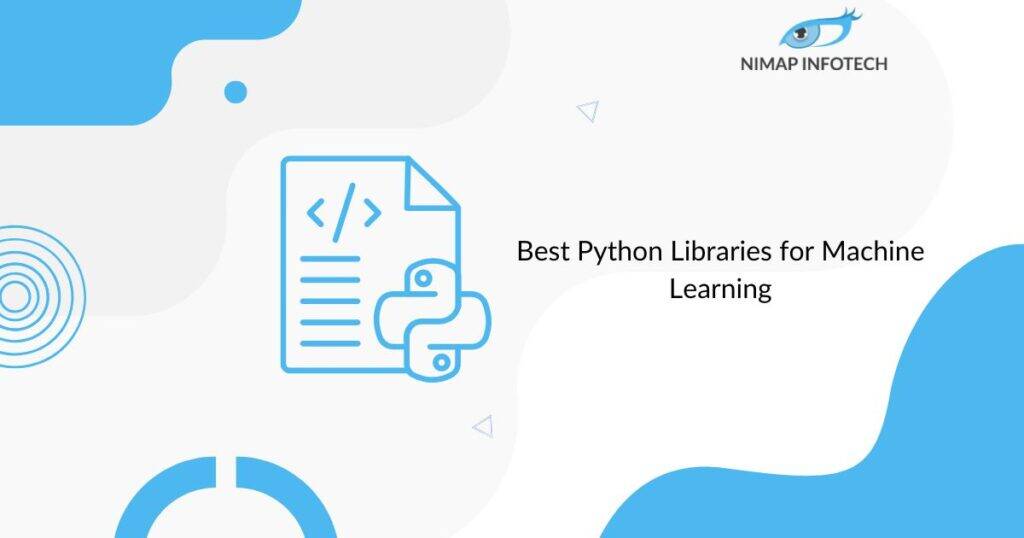Artificial Intelligence (AI) is revolutionizing the hospitality and travel industry by transforming the way businesses operate, engage customers, and optimize their services. With its powerful ability to analyze massive datasets, predict consumer behavior, and automate complex processes, AI in hospitality is enabling organizations to deliver hyper-personalized guest experiences, streamline daily operations, enhance customer service using AI-powered chatbots and virtual assistants, and strengthen data security like never before.
According to a report by IndustryARC, the AI in travel and hospitality market is expected to surpass $1.2 billion by 2026, growing at a Compound Annual Growth Rate (CAGR) of more than 9.7% between 2021 and 2026. This rapid growth reflects the rising adoption of AI technologies across the hospitality industry, driven by the increasing demand for smarter, more efficient, and more engaging guest experiences.
However, this is just the beginning. As AI continues to advance, its potential to transform the hospitality and travel industry is limitless. From dynamic pricing models and smart room automation to voice-assisted bookings and real-time customer feedback analysis, AI is setting new standards for innovation and service delivery.
How AI is Shaping the Hospitality Industry
Artificial Intelligence (AI) is redefining the future of the hospitality and travel sectors. With the rise of AI in hospitality, businesses are moving beyond traditional operations and embracing intelligent, data-driven processes. From delivering hyper-personalized guest experiences to automating services and optimizing revenue strategies, the role of AI in the hospitality industry has become more significant than ever. To stay ahead in this competitive market, businesses must hire AI engineers who can develop innovative solutions tailored to the travel and hospitality industry.
Let’s explore how the use of AI in the hospitality industry is transforming the guest journey, driving operational efficiency, and increasing profitability.
Top AI Applications in Hospitality
1. Personalizing Guest Interactions
AI utilizes advanced data analytics and machine learning to gain insights into customer preferences and behavior. With the help of AI-driven virtual concierges and chatbots, hotels can deliver tailored recommendations, anticipate guest needs, and provide seamless, customized experiences across all touchpoints.
2. Streamlining Operations
AI streamlines routine tasks such as check-ins, room assignments, and housekeeping scheduling.This not only reduces human error but also allows staff to focus more on creating memorable guest experiences. AI enhances workforce management and resource allocation through predictive analytics.
3. Optimizing Pricing Strategies
AI in the travel and hospitality industry enables dynamic pricing by analyzing demand trends, competitor rates, and booking patterns. Hotels can now adjust room rates in real time to capture the highest possible revenue during both peak and off-peak periods.
4. Enhancing Marketing Campaigns
AI-driven tools help hotels execute laser-targeted campaigns based on guest segmentation, booking history, and seasonal trends. This level of personalization increases direct bookings, lowers customer acquisition costs, and enhances brand loyalty.
5. Revenue Management and Demand Forecasting
One of the most powerful uses of AI in the travel industry is in predictive analytics. AI systems can analyze historical booking data, market trends, and local events to forecast future demand accurately. This helps boost revenue by optimizing pricing, marketing, and inventory planning.
6. Big Data Management and Strategic Insights
The use of AI in the hospitality industry enables companies to turn massive volumes of guest data into actionable insights. Hotels can understand customer preferences, track guest satisfaction trends, and make informed business decisions faster than ever before.
Advantages of Hotel Artificial Intelligence
Know about the advantages of how Artificial Intelligence can help in your hospitality area. Here are 10 powerful ways AI in hospitality can elevate your business:
1. Increase Hotel Revenue
AI-powered pricing tools automatically adjust rates in real time by analyzing market conditions, competitor pricing, and demand trends. This approach helps maximize RevPAR (Revenue per Available Room). Additionally, AI in travel and tourism enables personalized marketing efforts that convert lookers into bookers and increase direct revenue.
2. Drive Operational Efficiency
AI automates repetitive tasks like inventory management, room scheduling, and booking confirmations. Staff are freed to focus on high-touch guest services, leading to faster service delivery, reduced errors, and overall improved operations.
3. Enhance Guest Experience
By analyzing behavioral data, AI customizes everything from room temperature to amenity suggestions. Personalized dining recommendations, activity planning, and intelligent in-room automation make the guest feel valued and understood—improving satisfaction and increasing return visits.
4. Improve Check-in and Guest Access
AI streamlines the arrival process using facial recognition and seamless mobile integration. Guests can check-in online, use mobile room keys, and bypass the front desk altogether, enjoying a frictionless arrival and departure.
5. Manage Room Service and Housekeeping
AI bots and voice-activated systems streamline room service orders, ensuring timely deliveries. Automated housekeeping platforms optimize cleaning schedules based on guest check-ins/check-outs, improving room turnover and resource utilization.
6. Save on Energy and Utilities
AI monitors usage patterns and optimizes energy consumption by automatically adjusting lighting, HVAC, and power settings when rooms are unoccupied. These smart controls contribute to sustainability goals and significantly reduce operational costs.
7. AI-powered Loyalty and Retention Programs
Using AI in hospitality industry CRM systems, hotels can create customized loyalty programs based on individual preferences, visit history, and behavior. This deep personalization boosts guest retention and drives more repeat bookings without relying heavily on third-party travel platforms.
8. AI-enhanced Demand Forecasting
Incorporating AI in travel industry strategies, hotels can better forecast occupancy and seasonal trends. This allows preemptive changes in pricing, staffing, and inventory to meet projected demand, leading to higher profits and efficient planning.
9. Automated Maintenance and Housekeeping
Using IoT sensors and AI platforms such as Optii Solutions, hotels can proactively predict and prevent equipment failures before they occur. Automated alerts reduce downtime and ensure preventive maintenance. Similarly, housekeeping can be scheduled more effectively for timely room readiness.
10. Elevated Guest Communication
AI chatbots and virtual assistants provide 24/7 multilingual support to guests, answering questions instantly, assisting with bookings, and even upselling hotel services, all while reducing pressure on staff.
AI Use Cases and Applications in the Travel Industry (Expanded Guide)
The travel industry is undergoing a major transformation through the integration of Artificial Intelligence (AI). From enhancing customer satisfaction to optimizing internal processes, AI is driving innovation across every corner of the industry. Below is a deeper look into real-world use cases and detailed applications of AI in travel:
1. Hyper-personalized Travel Experiences
AI processes large datasets from customer interactions, preferences, past behaviors, and even social media activity to create individualized experiences.
- Smart Travel Platforms: AI recommends destinations, hotels, flights, and activities based on individual tastes. For example, a user who frequently visits beaches will get recommendations for tropical destinations.
- Dynamic Itinerary Builders: Tools like Utrip or Inspirock use AI to build itineraries based on interests like history, cuisine, or adventure.
2. AI Chatbots & Virtual Travel Assistants
These AI-driven interfaces provide human-like support for everything from trip inquiries to post-travel assistance.
- Booking and Modifications: Chatbots can instantly book flights, change reservations, or answer visa-related questions.
- In-travel Assistants: AI assistants in mobile apps (like Hopper or Skyscanner) update travelers in real time about flight delays, traffic updates, and gate changes.
3. AI-powered Voice Assistants
Voice technology powered by AI is redefining how travelers interact with devices and services.
- Smart Hotel Rooms: Hotels integrate voice assistants like Amazon Alexa for Hospitality to control lighting, temperature, TV, and even order room service.
- Voice-Activated Bookings: Travelers can use Google Assistant or Siri to search and book flights or hotels hands-free.
4. Dynamic Pricing and Yield Management
AI algorithms analyze a wide range of real-time variables to determine the optimal pricing strategy.
- Real-Time Flight Pricing: Airlines use AI to update prices based on booking windows, seat availability, demand, and competitor rates.
- Hotel Rate Optimization: AI predicts demand spikes (e.g., events or holidays) and adjusts room pricing accordingly to maximize revenue.
5. Image Recognition for Enhanced Travel Security
AI image recognition systems help automate and secure various travel touchpoints.
- Facial Recognition at Airports: Major airports use AI-powered facial scanning for boarding, immigration, and customs, reducing wait times and enhancing security.
- Luggage Scanning & Classification: AI recognizes baggage types and content at scanning points to detect prohibited items or misrouted luggage.
6. Predictive Maintenance in Transportation
AI enhances the reliability of transport systems by identifying maintenance needs before breakdowns occur.
- Airlines: AI models analyze engine data to predict wear and schedule maintenance, reducing delays.
- Railways & Buses: Transport companies use predictive analytics to detect anomalies in equipment, minimizing accidents and service disruption.
7. Sentiment Analysis & Customer Feedback Insights
Natural Language Processing (NLP) enables AI to understand and analyze unstructured feedback from reviews and social media.
- Hotel Chains: AI tools like MonkeyLearn or Lexalytics extract sentiment from online reviews to identify areas of improvement.
- Travel Agencies: Use feedback analysis to enhance service delivery and address recurring complaints more proactively.
8. Travel Fraud Detection
AI systems identify unusual or suspicious transactions in real time to prevent fraud.
- AI Risk Engines: Monitor payment patterns and flag anomalies like multiple bookings from one IP address or mismatched geolocation data.
- Fake Review Detection: AI detects spam or AI-generated reviews by analyzing linguistic patterns and metadata.
9. Intelligent Translation Services
AI translation tools enhance cross-border communication between travelers and service providers.
- Real-Time Translation Devices: Handheld or app-based AI translators enable travelers to communicate with taxi drivers, hotel staff, or locals in real time.
- Multilingual Chatbots: AI-powered chatbots support multiple languages to cater to international travelers seamlessly.
10. Augmented Reality (AR) + AI Travel Experiences
The combination of AR and AI offers immersive, interactive experiences for travelers.
- Smart AR Tour Guides: AI and AR apps like Google Lens provide historical data or restaurant reviews simply by pointing your phone at a location.
- Virtual Hotel Tours: Hotels use AI-powered AR to let users explore rooms and amenities before booking.
11. AI in Sustainability and Eco-travel
AI helps travelers and companies make more sustainable choices by tracking and optimizing carbon footprints.
- Carbon Tracking Tools: AI tools calculate the carbon emissions of flights, transport, and accommodations to offer eco-friendly alternatives.
- Green Route Optimization: AI suggests travel routes that consume less fuel or avoid congestion, lowering environmental impact.
12. AI for Customer Retention and Loyalty Programs
AI helps companies design loyalty programs tailored to individual preferences, boosting engagement and retention.
- Predictive Behavior Models: AI identifies customers likely to churn and triggers targeted offers or loyalty perks.
- AI-based Tier Customization: Airline or hotel programs adjust benefits dynamically based on individual travel history.
13. Robotic Process Automation (RPA) for Back-End Operations
AI-driven bots handle repetitive administrative tasks behind the scenes, enhancing efficiency.
- Document Processing: AI extracts data from passports, visas, and IDs for faster verification.
- Automated Invoice & Refund Handling: RPA handles cancellations, refunds, and billing with minimal human input.
14. AI for Crowd Control and Smart Navigation
AI assists in managing large crowds at airports, stations, and events by tracking movement and optimizing crowd flow.
- Smart Airport Flow Management: AI analyzes foot traffic to reduce bottlenecks at security checkpoints.
- Crowd Alerts for Tourists: Travel apps notify users of high-density areas to avoid during sightseeing.
In addition to improving the travel industry’s consumer experience, AI is assisting companies in growing, cutting expenses, and maintaining their competitiveness. As AI technologies like generative AI, conversational AI, and predictive analytics continue to evolve, the possibilities for innovation in the travel domain are virtually limitless.
Key Considerations When Implementing AI in Hotels
Integrating AI into hotel operations offers transformative potential, but it requires careful planning and strategic decision-making to maximize benefits and minimize disruption. Below are essential considerations that hotel operators should keep in mind to ensure successful AI adoption.
Overcoming AI Adoption Barriers in Hospitality
While AI in the hospitality industry promises enhanced guest experiences and streamlined operations, many hotels face significant hurdles during adoption. The primary challenges include:
- High Initial Investment: Implementing AI solutions often demands considerable upfront costs, including software licenses, hardware, and staff training.
- Integration Complexity: Hotels operate on multiple legacy systems like PMS (Property Management Systems), CRM (Customer Relationship Management), and booking platforms, making seamless AI integration difficult.
- Lack of Technical Expertise: Smaller hotels and independent properties may not have the in-house expertise to deploy and maintain AI systems effectively.
To overcome these barriers, hotels should:
- Select affordable and scalable AI solutions that are easy to use with minimal technical expertise.
- Choose AI providers who deliver personalized onboarding and offer extensive customer support.
- Consider phased implementation to gradually introduce AI functionalities without overwhelming staff or guests.
Phased AI Implementation Strategy
Adopting AI doesn’t need to be a leap into the unknown. A phased AI implementation approach allows hotels to minimize risks and steadily build confidence in the technology by:
- Begin with small, focused AI projects that tackle immediate needs, like AI chatbots for guest communication or dynamic pricing systems.
- Gradually expanding AI capabilities to predictive analytics for revenue management, automated housekeeping, and maintenance scheduling.
- Continuously monitoring performance, collecting feedback, and refining AI use cases for better results.
This incremental method reduces disruption to daily operations and helps hotels adapt smoothly to technological change.
Choosing the Best AI Software for Your Hotel
Choosing AI software tailored to your hotel’s size, service model, and operational needs is critical. Here are key criteria when evaluating AI tools:
- Scalability: Can the AI platform grow alongside your business, adapting to increased guest volume or new service offerings?
- Integration: Does the AI solution seamlessly connect with your existing PMS, CRM, and other management systems for unified data flow?
- Support & Training: Is ongoing vendor support available to assist with troubleshooting, updates, and staff training?
- Security & Compliance: How does the AI system protect sensitive guest data? Ensuring full compliance with data privacy regulations such as GDPR is essential.
For example, Nimap Infotech is a popular platform integrating with leading AI providers to boost revenue management, guest experience, and automation. Our system enables rule-based workflow automation helping hotels implement AI smoothly with confidence.
AI’s Expanding Role Across the Hospitality Ecosystem
The influence of AI extends beyond hotels into the broader travel and hospitality industry, including:
- Restaurants: AI enhances demand forecasting, optimizes menus, and streamlines order management.
- Travel agencies: AI-powered itinerary planning and personalized booking enhance customer satisfaction.
- Event management: AI enhances attendee engagement, streamlines scheduling, and optimizes logistics.
AI’s ability to reduce costs, optimize operations, and personalize services is revolutionizing the entire ecosystem, making it a strategic imperative for long-term growth.
AI’s Transformative Role in the Future of Hospitality
Looking ahead, AI will continue reshaping hospitality with cutting-edge innovations:
Fully Automated Hotels: The Next Frontier
The future could see fully automated hotels, where AI and robotics handle almost all guest-facing and back-end operations:
- AI-powered reception desks and virtual concierges already reduce check-in times and enhance guest interactions.
- Robots can handle housekeeping, room service, and luggage management, delivering reliable and prompt service every time.
- A prime example is Japan’s Henn-na Hotel, the world’s first fully robotic hotel, which employs humanoid AI robots for guest check-in and autonomous robots for housekeeping duties.
AI and IoT: Creating Smart Hotel Rooms
Integrating AI with Internet of Things (IoT) technology enables hotels to deliver truly personalized guest experiences through:
- Intelligent room controls that automatically adjust lighting, temperature, and entertainment to match guest preferences.
- Voice-activated assistants such as Alexa or Google Assistant enable effortless control of room features.
- Predictive maintenance sensors that detect equipment issues before they disrupt service, minimizing downtime. The integration of AI and IoT enables hotels to provide enhanced comfort, greater convenience, and improved operational efficiency like never before.
Hyper-personalization and Enhanced Guest Experience
Future AI tools will take personalization to unprecedented heights by:
- Analyzing guest data to offer personalized recommendations for dining, activities, and room preferences.
- Utilizing AI-driven sentiment analysis to monitor guest feedback, identify trends, and proactively resolve issues.
- Leveraging dynamic pricing models that optimize room rates in real time based on demand, competitor pricing, and seasonality.
This focus on hyper-personalization not only improves guest satisfaction but also boosts loyalty and repeat bookings.
Conclusion
As AI in the travel and hospitality space evolves, hotels must consider strategic implementation, scalability, and guest-centric innovation to stay competitive. By addressing adoption challenges, selecting the right tools, and embracing future technologies like AI-powered automation and IoT integration, hotels can transform operations and deliver exceptional experiences that drive growth and profitability.
Empowering Travel & Hospitality with AI – Discover Nimap Infotech’s Vision
The travel and hospitality industry encounters many challenges in today’s rapidly changing digital environment. At Nimap Infotech, a leading Travel & Hospitality Software Development Company, we recognize how AI in travel and AI in hospitality are revolutionizing this sector by opening a new era of innovation and operational excellence.
Through our expertise in developing cutting-edge custom software solutions, we help hospitality businesses harness the full potential of AI in the hospitality industry to deliver personalized guest experiences, automate customer interactions, and streamline operations. AI-powered chatbots, virtual assistants, and recommendation engines enhance engagement and satisfaction, while integration with IoT and robotics automation creates smart hotel environments that optimize efficiency and reduce costs.
Our tailored solutions in AI in travel and tourism enable hotels, resorts, and travel companies to leverage AI-driven revenue management and predictive maintenance systems, ensuring optimized pricing strategies and seamless service delivery. This not only boosts profitability but also minimizes downtime and maintenance expenses.
Looking forward, the role of AI in the hospitality industry will continue to grow, with innovations such as voice-activated smart rooms, virtual reality, and augmented reality transforming how guests interact with services. At Nimap Infotech, we are committed to driving this transformation by building AI-powered software that enhances guest engagement and operational agility.
In summary, by embracing the use of AI in the hospitality industry, Nimap Infotech empowers travel and hospitality businesses to stay competitive, innovate continuously, and elevate the guest experience. Our AI-enabled solutions pave the way for a future where exceptional service meets smart automation, setting new standards of excellence in this dynamic industry.
FAQs
AI in travel and hospitality enhances customer experience, automates routine tasks, and provides personalized recommendations, making operations more efficient and customer-centric.
The use of AI in the travel industry includes chatbots for customer support, dynamic pricing, personalized travel itineraries, and predictive analytics to optimize bookings and services.
In the hospitality industry, AI improves guest experiences through smart room controls, automated check-ins, virtual concierge services, and efficient housekeeping management.
These services include custom AI-powered solutions such as booking platforms, customer relationship management tools, predictive analytics, and automation systems tailored for travel and hospitality businesses.
A travel & hospitality software development company can design and implement AI-driven software to streamline operations, enhance guest engagement, and provide data-driven insights to boost business growth.
Author
-

A technology enthusiast with over 14+ years of hands-on experience in the IT industry, I specialize in developing SaaS applications using Microsoft Technologies and the PEAN stack. I lead a team of 300+ engineers, holding multiple Microsoft certifications (MCSD, MCTS, MCPS, MCPD). My expertise spans across C#, ASP.NET, NodeJS, SQL Server, and Postgres.
View all posts

